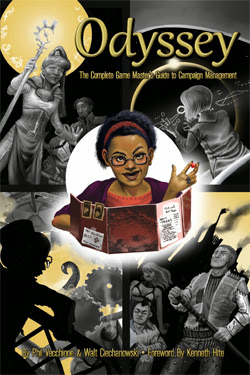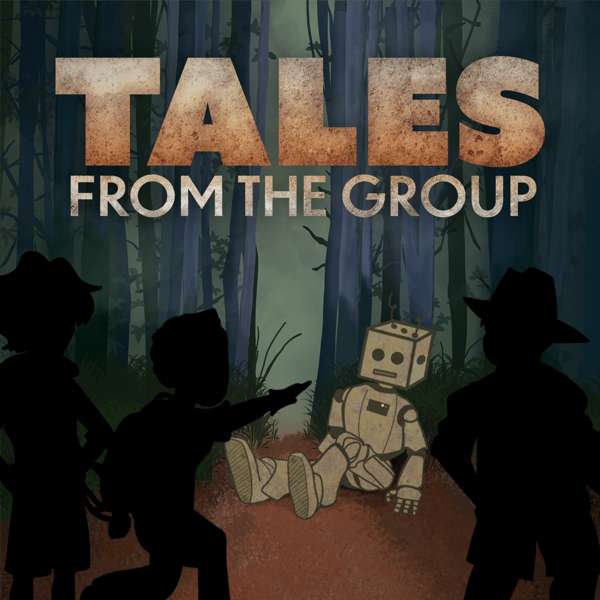
Ken and Robin Consume Media is brought to you by the discriminating and good-looking backers of the Ken and Robin Talk About Stuff Patreon. Each week we provide capsule reviews of the books, movies, TV seasons and more we cram into our hyper-analytical sensoriums. Join the Patreon to help pick the items we’ll talk about in greater depth on a little podcast segment we like to call Tell Me More.
The Pinnacle
Petite Maman (Film, France, Céline Sciamma, 2021) While her parents clean out her recently-dead grandmother’s house, eight-year-old Nelly (Joséphine Sanz) meets another eight-year-old girl (Gabrielle Sanz) in the woods behind. This note-perfect fairy tale exactly blends seriousness and magic, emotion and consideration. Superb child acting vivifies the trunk of the film, and Sciamma’s remarkable use of music again surprises and exalts. –KH
Recommended
Captain Volkonogov Escaped (Film, Russia/Estonia/France, Natasha Merkulova and Aleksey Chupov, 2021) In 1937 Leningrad, NKVD secret policeman Volkonogov (Yuriy Borisov) gets wind of his upcoming purging and sprints out into the city — where his problems get weirder, if not precisely worse. Borisov’s athletic, energetic acting carries us through a story by turns an acid satire, a tight thriller, and a dark Dostoevsky-meets-Gogol absurdist morality play. Notes of anachronism only heighten the themes and the off-kilter neo-Constructivist feel, like a really good graphic novel; cinematographer Mart Taniel also masterfully plays these shifting tones. –KH
The Card Counter (Film, US, Paul Schrader, 2021) In hopes of helping a lost young dude (Tye Sheridan) with a tie to his horrific past, a compulsively regimented gambler (Oscar Isaac) signs on with the supportive manager of a pro poker stable (Tiffany Haddish.) Cinema’s obsessive chronicler of expiation-seeking obsessives adds another notch to his gun belt, this time by giving his protagonist a choice of which movie to be in.—RDL
Heaven and Hell: A History of the Afterlife (Nonfiction, Bart D. Ehrman, 2020) Biblical historian traces the rapid evolution of Christian beliefs about the afterlife, especially the burning eternally in Hell part, from the already disparate metaphysics of Jesus and Paul. Concise analysis of a complex topic stays admirably on point as it balances accessibility and erudition.—RDL
In Front of Your Face (Film, South Korea, Hong Sangsoo, 2021) A day in the life of long-retired actress Sangok (Lee Hyeyoung), visiting from the US to Seoul to meet with a director (Kwon Haehyo). If hangout neo-Realism were a thing, this would be it, as deft character studies interchange with moments of social unease. Hong shoots, writes, and scores this film with deceptive lightness, never overstaying a scene’s drama, almost tempting the viewer to foolishly discard it as a trifle. –KH
The Last Execution (Film, Germany, Franziska Stünkel, 2021) Eager for advancement, scientist Franz Walter (Lars Eidinger) joins the East German intelligence service (HVA) only to recoil at the inhumanity of his job. Based on the story (and on the trial transcript) of Werner Teske, the last official execution in East Germany, it builds tension by steady reveals of new moral brutalities all coated in bland careerism; Eidinger convincingly conveys Walter’s ongoing disintegration against DDR-era backdrops and bougie-Marxist beige decor. –KH
Love, Charlie: The Rise and Fall of Chef Charlie Trotter (Film, US, Rebecca Halpern, 2021) Charlie Trotter brought specifically American fine dining, the degustation menu, and high-end vegetarian dishes to Chicago in 1987 and in the 1990s ran the best restaurant in the world. (I ate there once in 2001, when it was probably still the best restaurant in America.) This documentary, built out of his voluminous correspondence and friendship circle, conveys something of the driven human behind the achievement. Like most biodocs, and unlike Charlie Trotter’s restaurant, it leaves you wanting more, but it’s still a very good plate. –KH
Mad God (Film, US, Phil Tippett, 2021) A steampunk-ish soldier travels to the deepest layer of Hell (or is it Creation) on a doomed mission. This is not a narrative film so much as it is a dark ride through a series of biotech grotesques (mostly) stop-motion animated from whatever Tippett had lying around for 30 years in his “most disturbing” box. (The occasional live-actor intercuts do not really work.) Appalling images and sounds from this movie will doubtless remain with me forever. It’s not mandatory for GMs running The Wars in the Yellow King RPG, but those that do see it won’t be able to run The Wars without it. –KH
Memoria (Film, Colombia/France/Germany/Mexico/China, Apichatpong Weerasethakul, 2021) Living in Colombia, British botanist Jessica (Tilda Swinton) hears a mysterious burst of sound that nobody else does. Existential mystery meets weird tale meets slow cinema in a movie that confounds Goethe’s critical criteria: What is it doing? God only knows, but it’s doing it with meticulous perfection. Is it worth doing? Perhaps, unlike Jessica, those that hear it know the answer to that question. Swinton’s acting job in this unknowable circumstance is more than enough reason to Recommend it, though. –KH
Paris, 13th District (Film, France, Jacques Audiard, 2021) The lives of underachieving user Emilie (Lucie Zhang), emotionally stunted dudeprof Camille (Makita Samba), wallflower Nora (Noemie Merlant), and camgirl Amber (Jehnny Beth) intertwine in the titular neighborhood. Paul Guilhaume shoots the lovers in New Wave-style black and white, and the performances keep the actors mostly sympathetic while the script (partially by Céline Sciamma) supplies the needful romantic twists. All love stories (all stories) are both arbitrary and artificial, the trick is to make them look real in the moment; in an understated way this is the Bourne Identity of romantic comedies. –KH
The Story of Film: A New Generation (Film, UK, Mark Cousins, 2021) Cousins extends his 2011 Story of Film series by another 160 minutes, in theory to examine the state of film in the 21st century (or really c. 2009-2020) but mostly to provide eclectic examples of film at its best now. Almost completely abandoning his previous geographical framework for a clearly ad hoc formal framework, Cousins turns his hand to picking the movies some future Mark Cousins will mention in fifty years when the conventional wisdom about this era hardens. Really, this is just a very well-financed Cinema Hut, and who doesn’t want more of those? –KH
Sundown (Film, Mexico/France/Sweden, Michel Franco, 2021) When his family hastily ends their Acapulco vacation after his mother dies, Neil (Tim Roth) stays in Mexico and does — nothing. A tour de force of existentialist drama anchored by Roth’s placid, almost flaccid, Bartleby-esque portrayal does sadly eventually offer an explanation of sorts. When the answers you were baying at the screen for in the first act anger you by appearing in the fourth, that’s a sign of a movie that (mostly) nailed it. –KH
Good
Demons (Film, Italy, Lamberto Bava, 1985) Moviegoers trapped inside cursed cinema become the prey of zombie-like demon possession victims. High 80s kitsch complete with MTV soundtrack meets disgust-loving gore effects in a gonzo post-giallo outing that is not as much fun as the semiotics paper it might inspire.—RDL
House of Snails (Film, Spain/Peru/Mexico, Macarena Astorga, 2021) Looking for solitude to finish his novel, writer Antonio (Javier Rey) rents the titular house in a remote Spanish town with a hidden horror legend. The movie head-fakes around a lot of horror tropes in the general lycanthropic space, and although the story I wanted wasn’t the story I guessed (and got) it wasn’t a bad time in the woods all considered, mostly thanks to Paz Vega, in there winningly as the realtor. Note to Darcy Ross: the snails play at best only a symbolic role, and this is not a Patricia Highsmith adaptation. –KH
One Second (Film, China, Zhang Yimou, 2021) A nameless fugitive (Zhang Li) from a labor camp and plucky orphan girl Liu (Liu Haocun) compete to steal a reel of film from “Mr. Movie” (Fan Wei) the projectionist-commissar in an Inner Mongolian town. Set at the tail end of the Cultural Revolution, and for that reason butchered to mush by Chinese government censors in 2019, this final cut keeps the Cinema Paradiso-style movie mooning (complete with cringe Maoist singalong) and the often sublime Buster-Keaton-style hijinks between the three main characters, but very much loses any edge or moral weight it ever had. –KH
Whether the Weather is Fine (Film, Philippines/France/Singapore/Indonesia/Germany/Qatar, Carlo Francisco Manatad, 2021) After Typhoon Haiyan destroys their hometown of Tacloban, ambitious Andrea (Rans Rifol), her schlemiel boyfriend Miguel (Daniel Padilla), and his dozy mom Norma (Charo Santos-Concio) haltingly decide to evacuate to Manila. Manatad depicts the post-disaster (probably accurately) as a surreal space where decisions make no sense, but at the cost of robbing any actions of consequences. Andrew Florentino’s spiky electronic music does a better job of thematic unity, and until Rifol’s character arbitrarily changes her personality she’s a joy to watch. –KH
Okay
Fabian: Going to the Dogs (Film, Germany, Dominik Graf, 2021) Bored advertising writer and wannabe novelist Fabian (Tom Schilling) bops through 1931 Weimar Berlin with his rich socialist friend and wannabe professor Stephan (Albrecht Schuch) until he meets his true love the wannabe actress Cornelia (Saskia Rosendahl). About 45 minutes in, Graf pretty much abandons the first act’s inventive multiple jump cuts, interwoven with historical footage and weird-angled shots, for cheap-looking digital video walks in suspiciously empty streets. Which might be forgivable if there weren’t over two hours left to go. Making both love and Weimar boring should be a shooting offence. –KH
Not Recommended
Oscar Micheaux: The Superhero of Black Filmmaking (Film, Italy, Francesco Zippel, 2021) A resoundingly under-utilized John Singleton is only one of the many talking heads contributing surprisingly little to this empty documentary about the pioneering Black filmmaker. Neither critiquing Micheaux’ films nor really analyzing his reception and film career, this doc would have been better and more informative if it had just been Morgan Freeman (who also appears to scant effect) reading the Wikipedia entry. –KH

 Our TOPPODCAST Picks
Our TOPPODCAST Picks  Stay Connected
Stay Connected







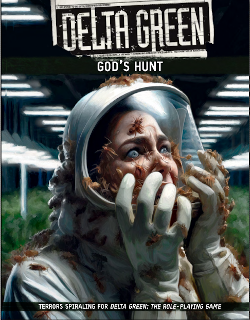
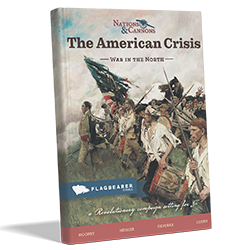
















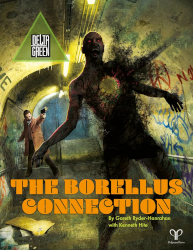























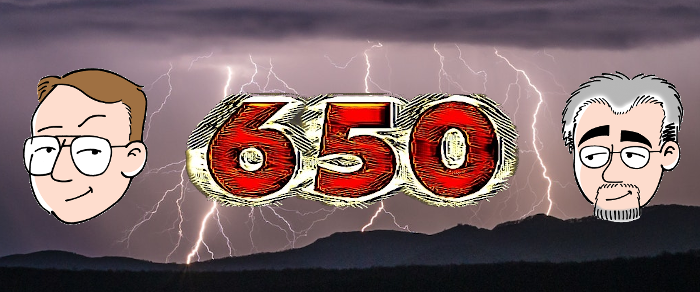


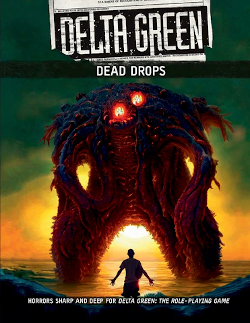










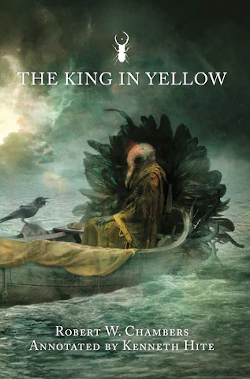






















 In the Gaming Hut beloved backer Ryan McClelland argues that the Sailor is a fine Occupation that ought to be in Trail of Cthulhu 2nd Edition (now on Backerkit) and urges us to rebut him by listing even more such Occupations.
In the Gaming Hut beloved backer Ryan McClelland argues that the Sailor is a fine Occupation that ought to be in Trail of Cthulhu 2nd Edition (now on Backerkit) and urges us to rebut him by listing even more such Occupations.





















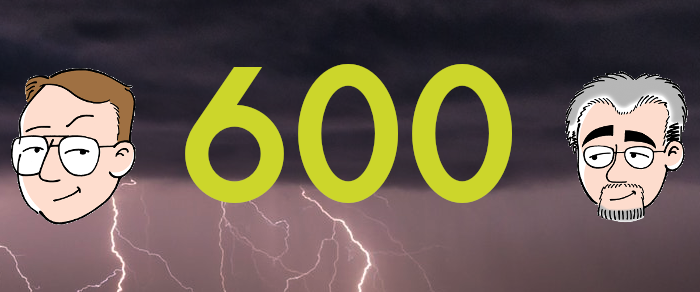







































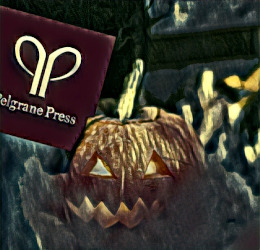





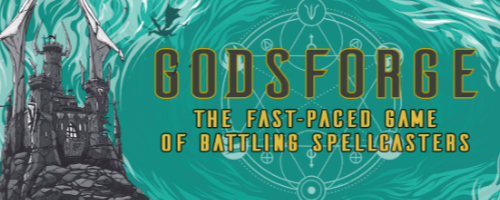
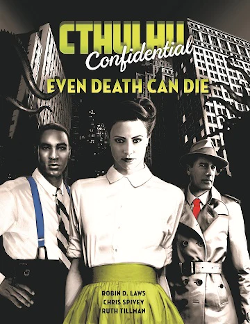



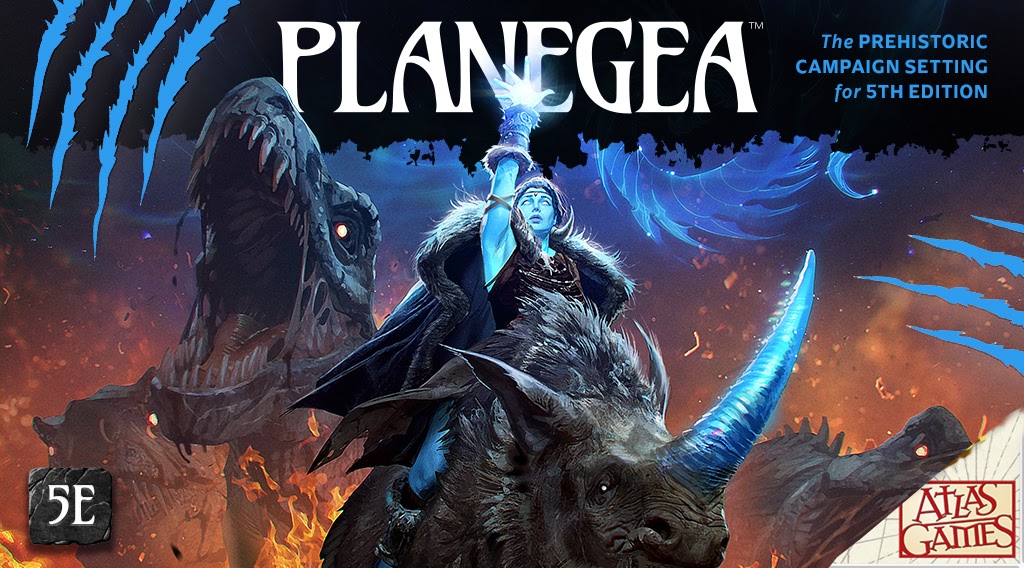









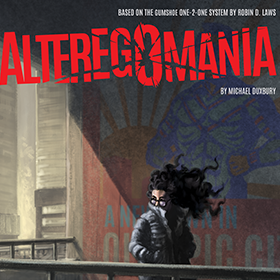



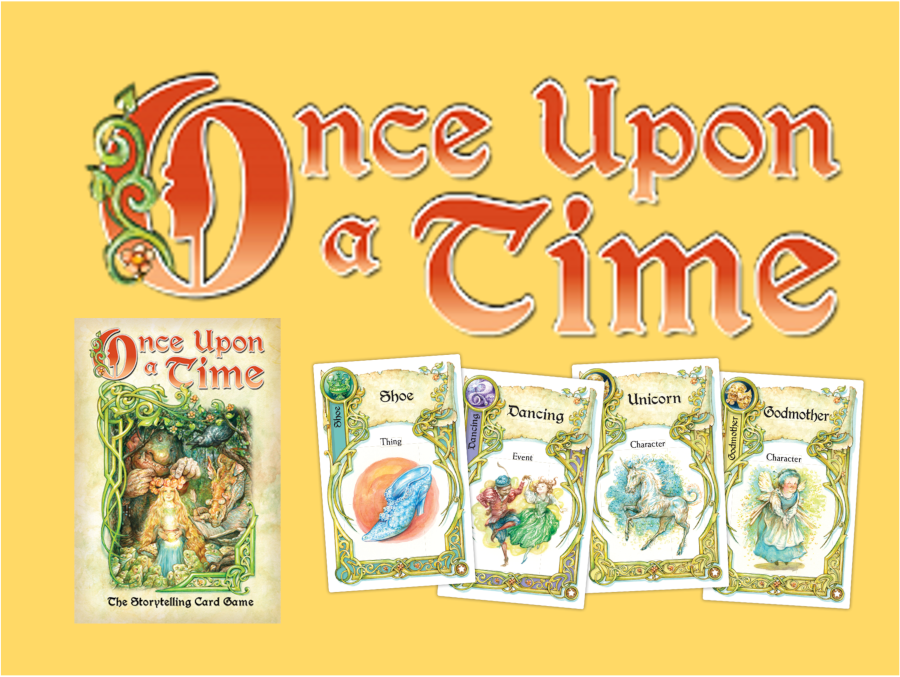


















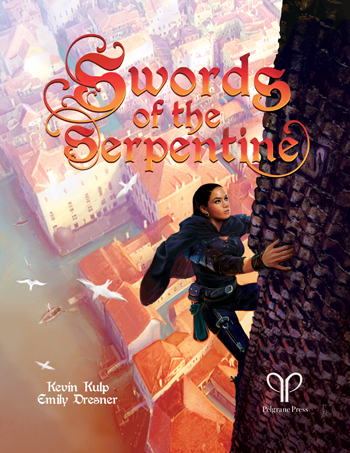


































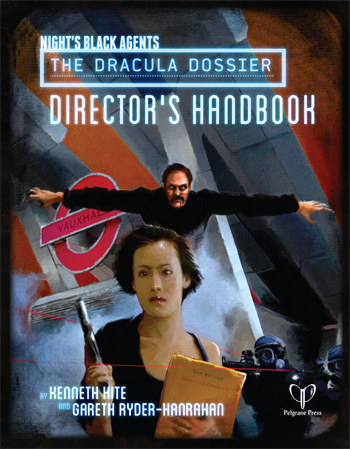






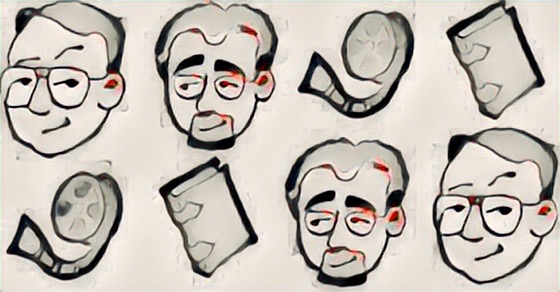


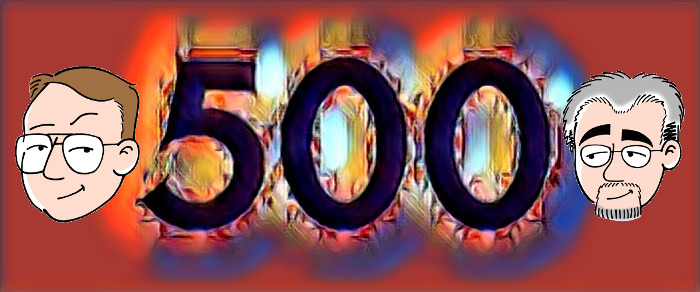






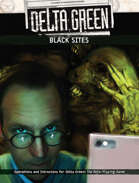







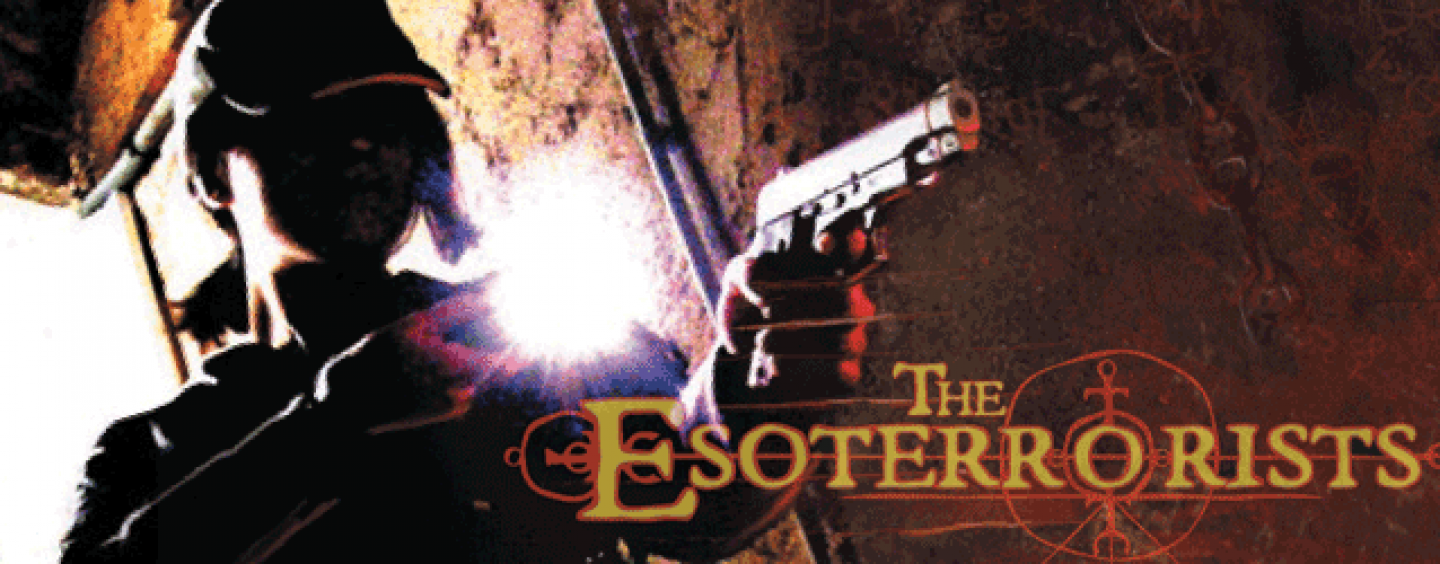























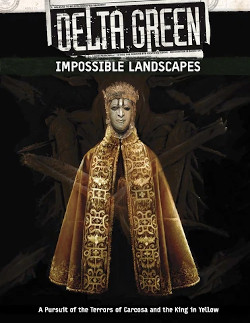








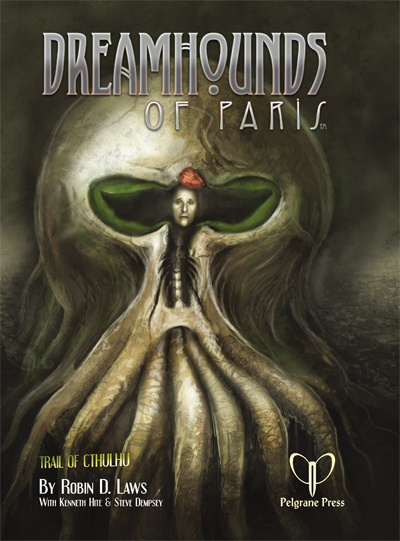





































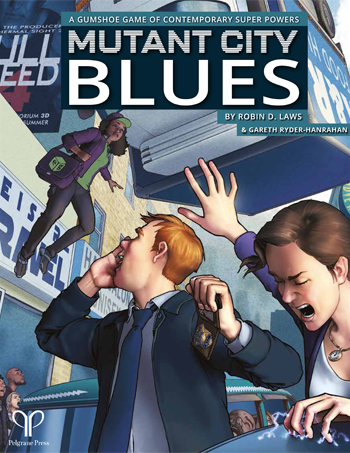

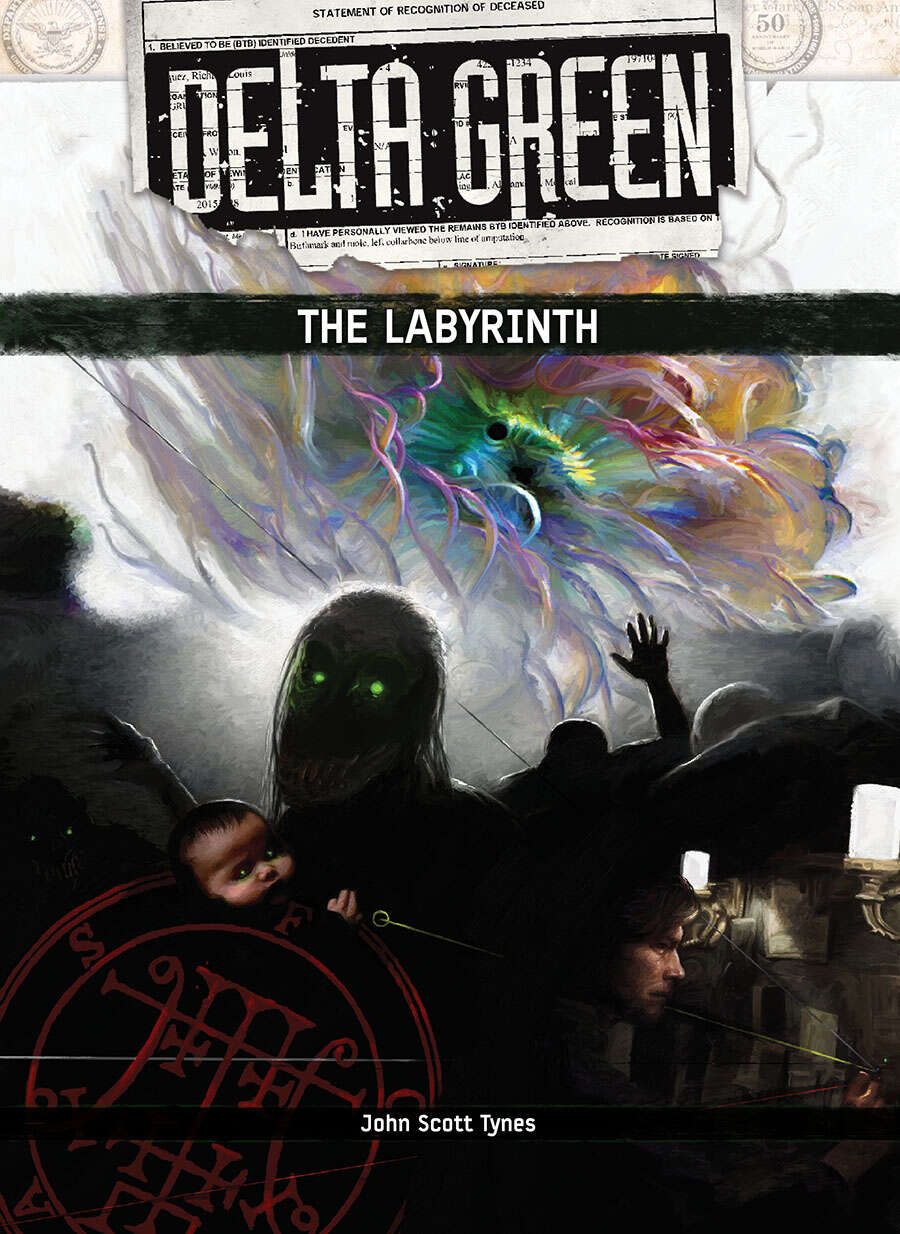

















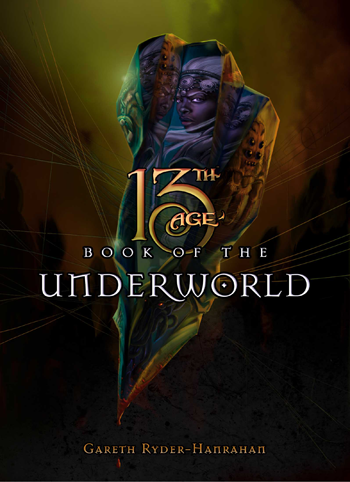


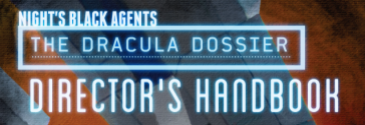










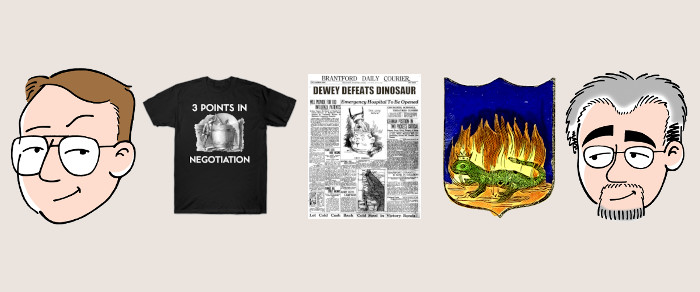


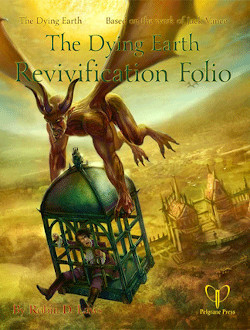






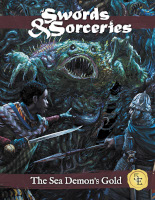


























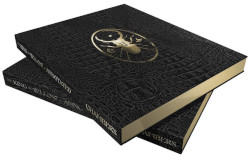





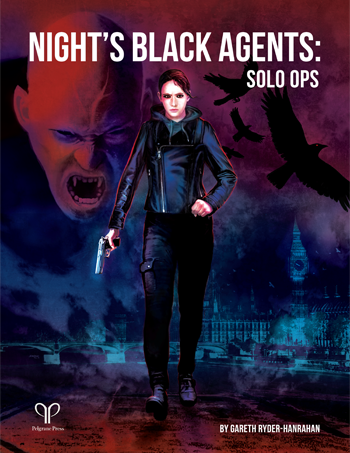












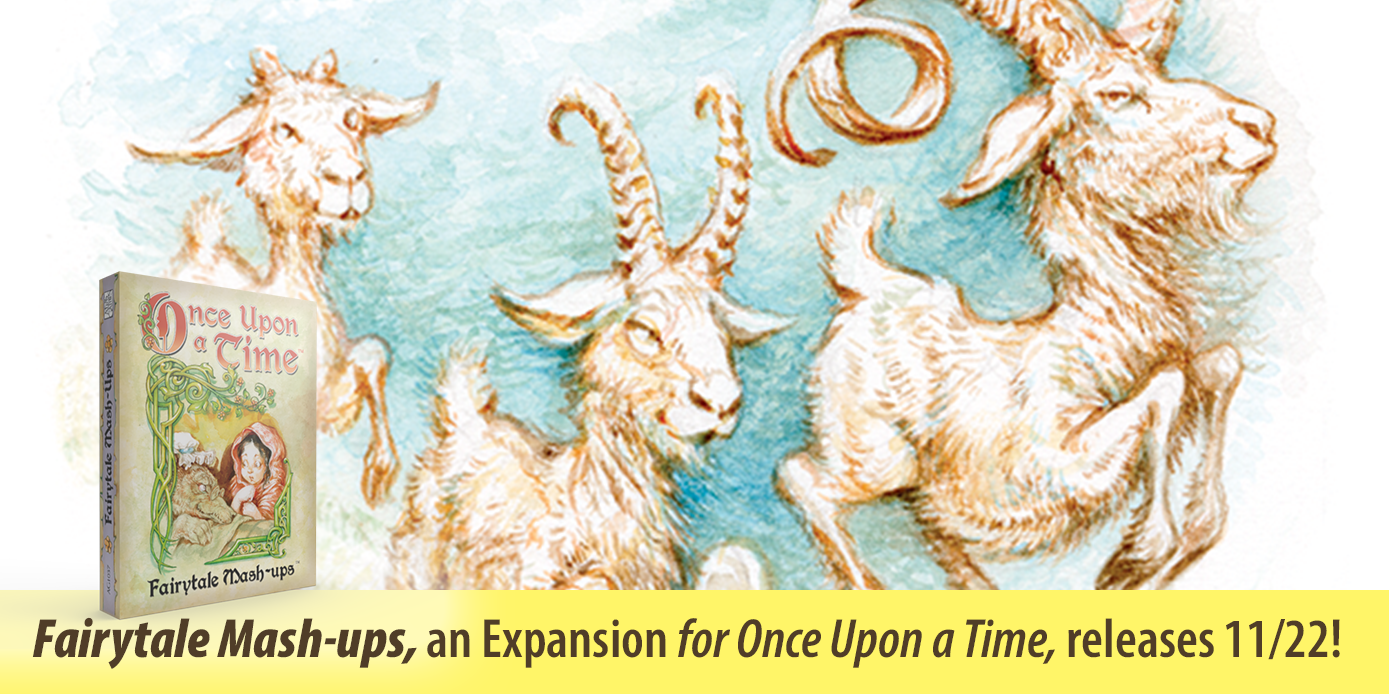



























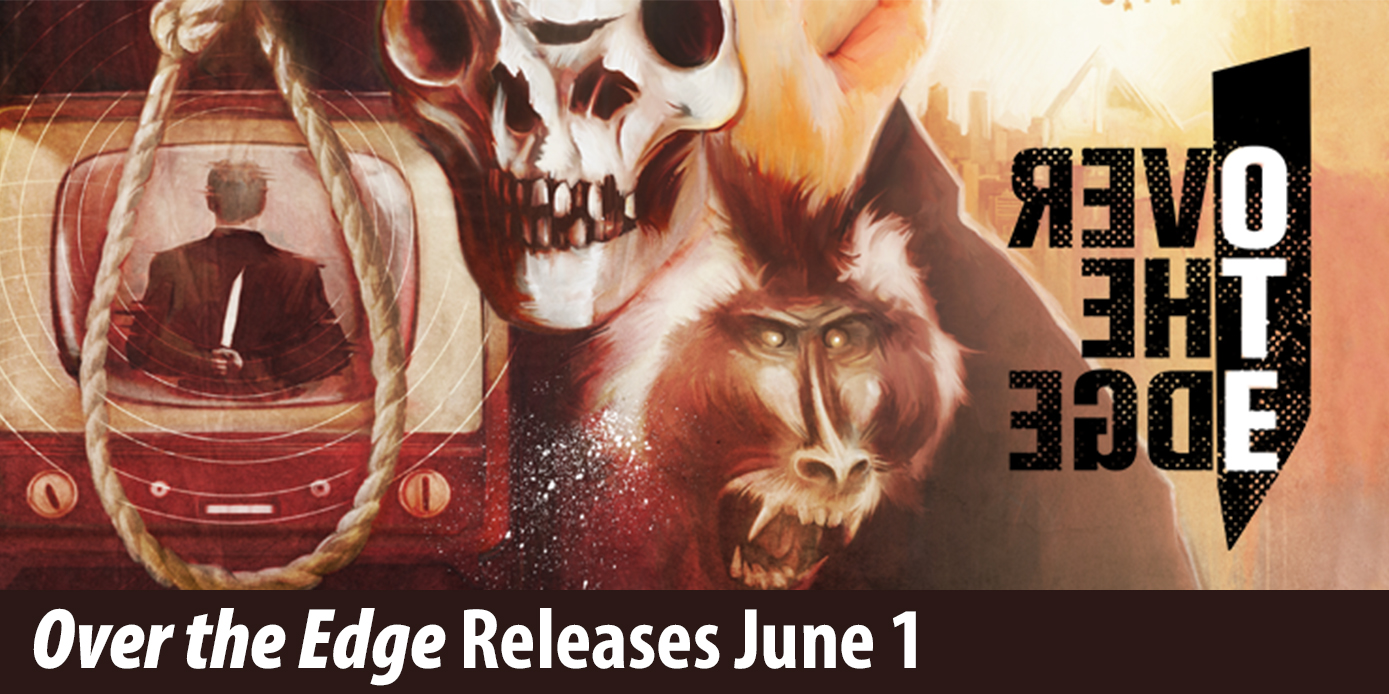












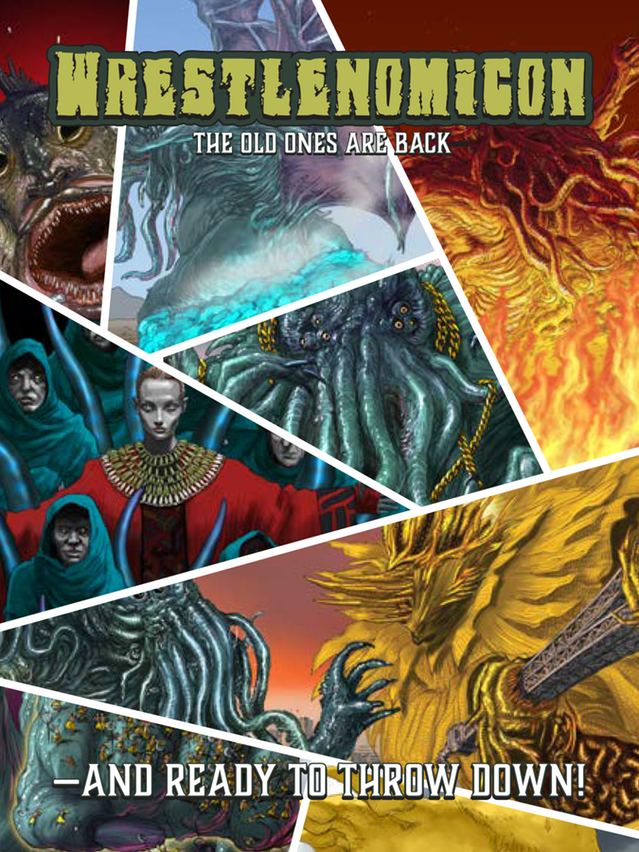






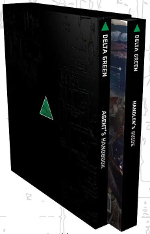













 Ken and Robin Consume Media is brought to you by the discriminating and good-looking backers of the
Ken and Robin Consume Media is brought to you by the discriminating and good-looking backers of the 
























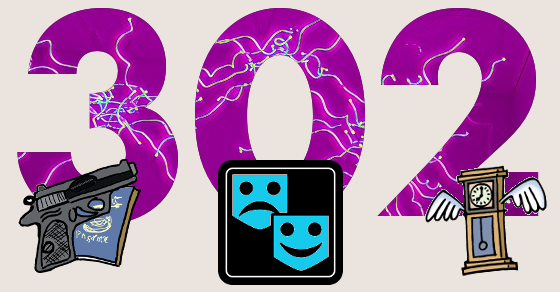
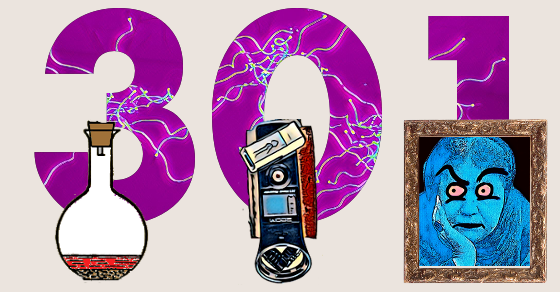
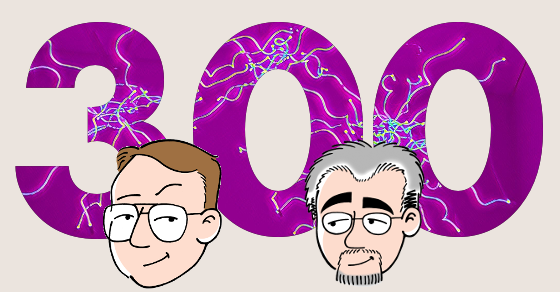
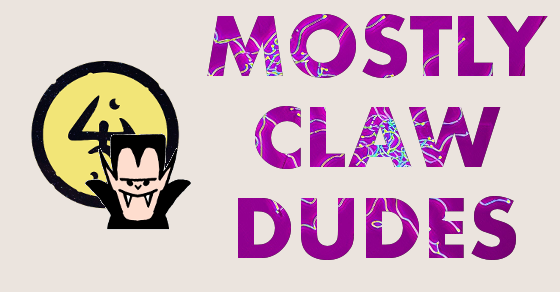


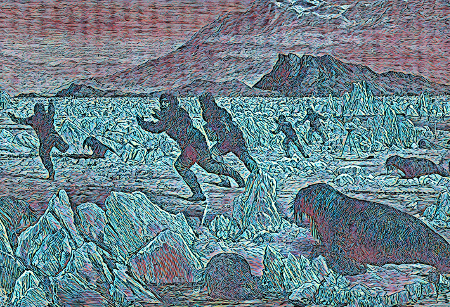














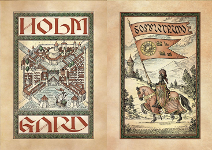


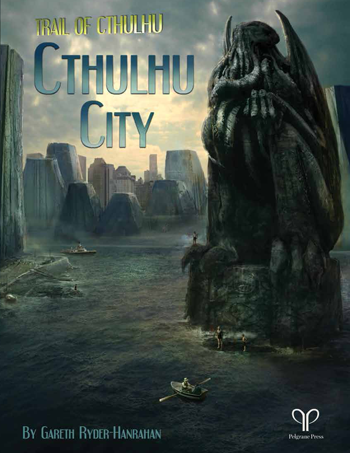
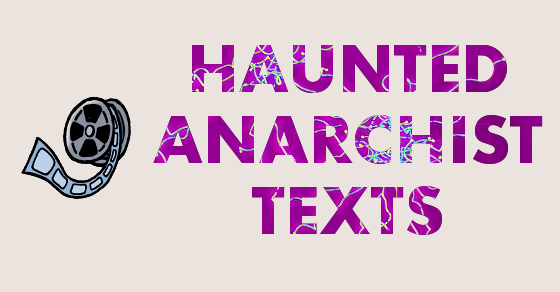
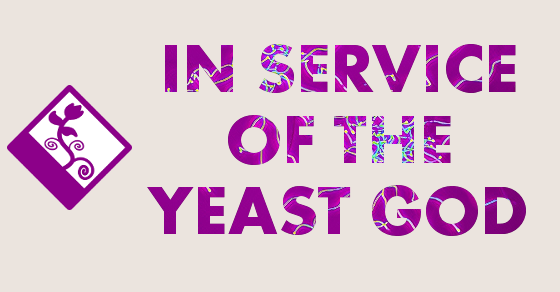





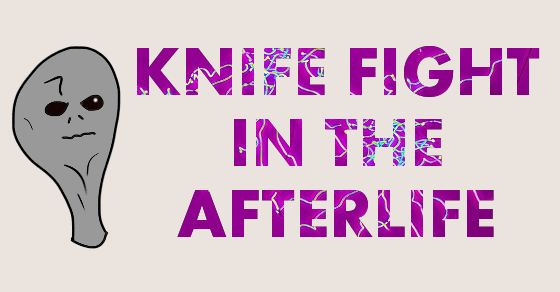
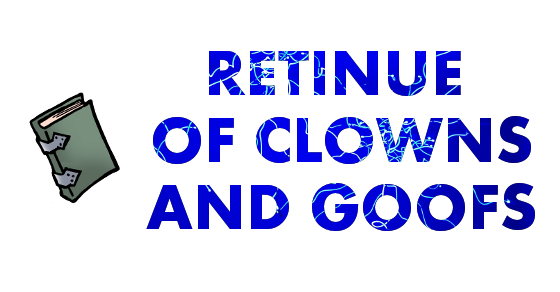

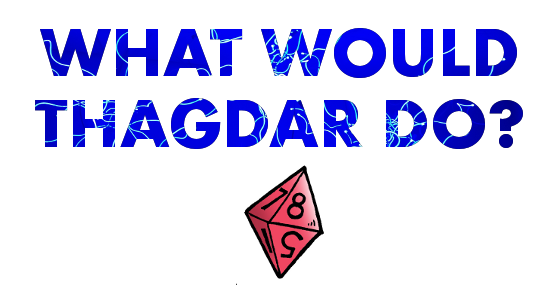

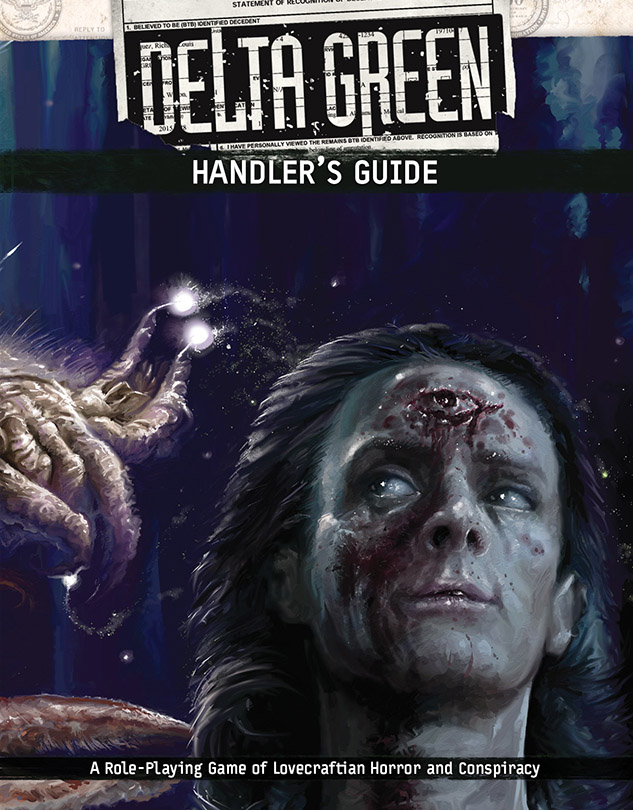



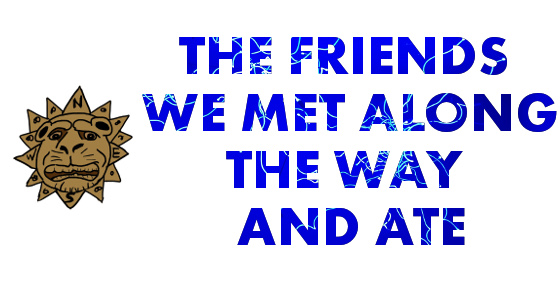


 Ken and Robin Consume Media is brought to you by the discriminating and good-looking backers of the
Ken and Robin Consume Media is brought to you by the discriminating and good-looking backers of the 
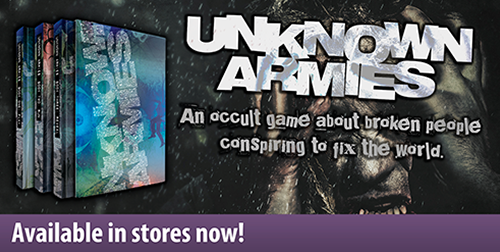

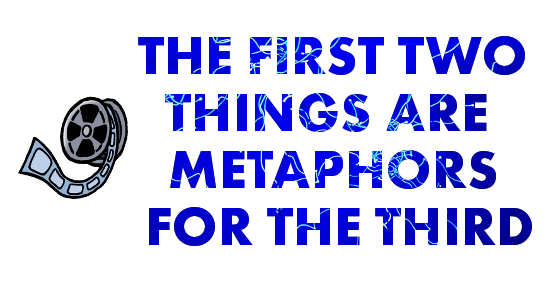
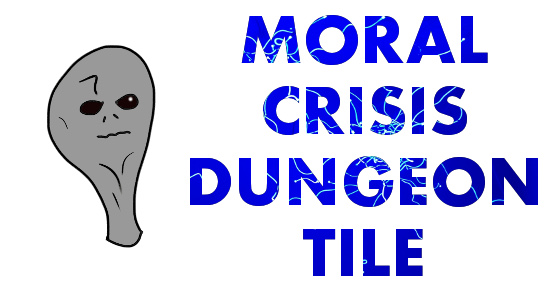

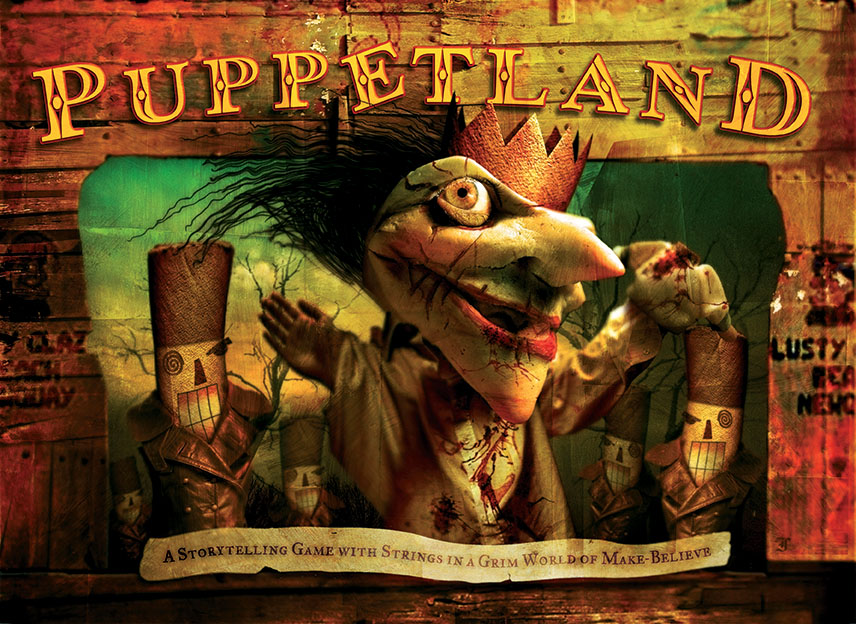

 John Scott Tynes’
John Scott Tynes’ 

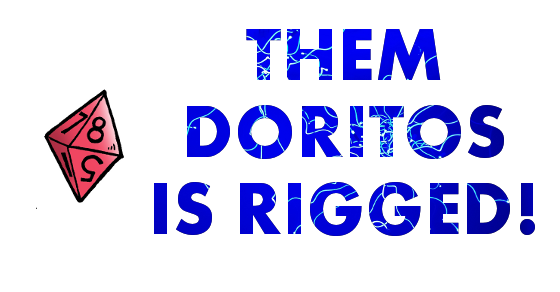


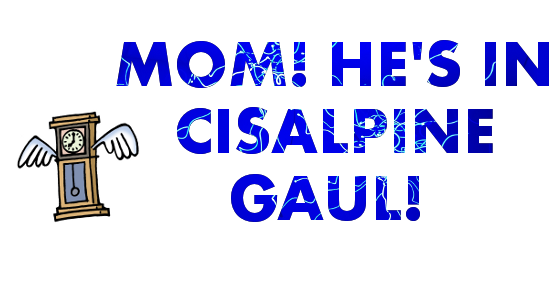

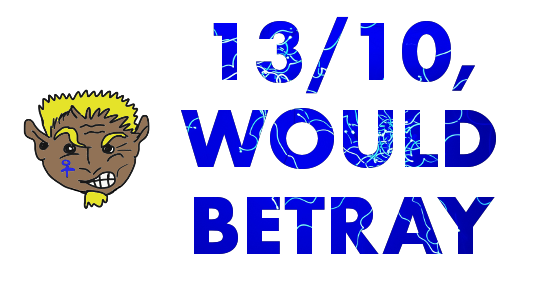
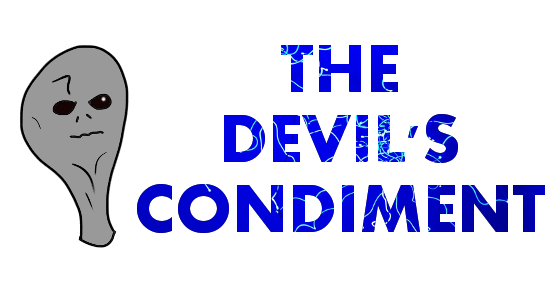


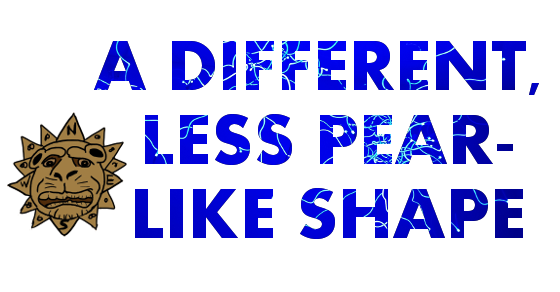




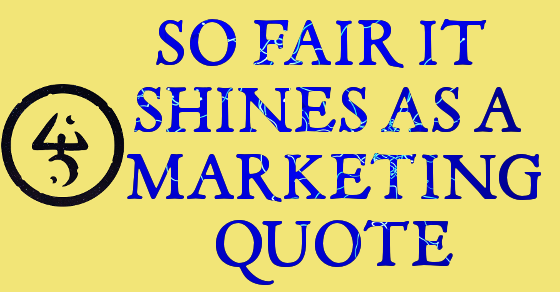

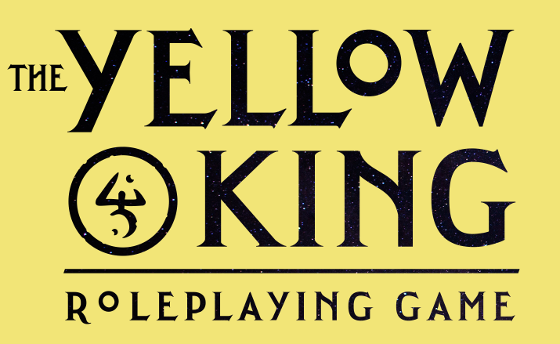

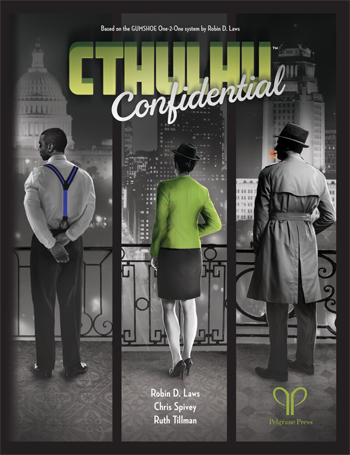


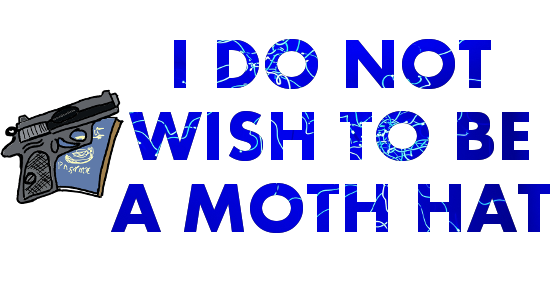
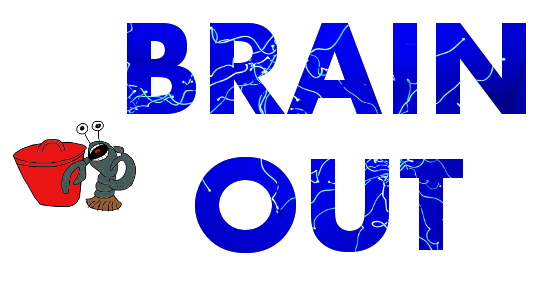

 Want to plunge headlong into Lovecraftian mystery, but lack a gaming group? Want to introduce a friend or loved one to the roleplaying hobby? GUMSHOE One-2-One has come to your rescue! Find this new system by some guy named Robin D. Laws, in the line’s flagship title, Cthulhu Confidential. Now shipping at
Want to plunge headlong into Lovecraftian mystery, but lack a gaming group? Want to introduce a friend or loved one to the roleplaying hobby? GUMSHOE One-2-One has come to your rescue! Find this new system by some guy named Robin D. Laws, in the line’s flagship title, Cthulhu Confidential. Now shipping at

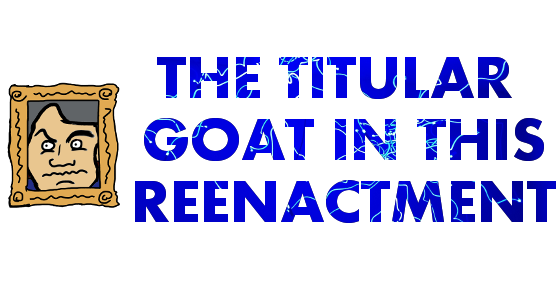
 Want to plunge headlong into Lovecraftian mystery, but lack a gaming group? Want to introduce a friend or loved one to the roleplaying hobby? GUMSHOE One-2-One has come to your rescue! Find this new system by some guy named Robin D. Laws, in the line’s flagship title, Cthulhu Confidential. Now
Want to plunge headlong into Lovecraftian mystery, but lack a gaming group? Want to introduce a friend or loved one to the roleplaying hobby? GUMSHOE One-2-One has come to your rescue! Find this new system by some guy named Robin D. Laws, in the line’s flagship title, Cthulhu Confidential. Now 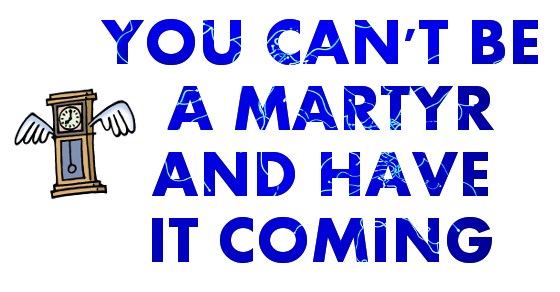
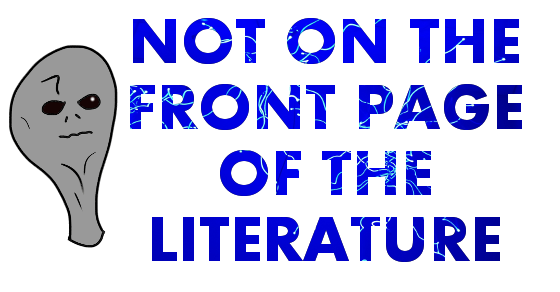
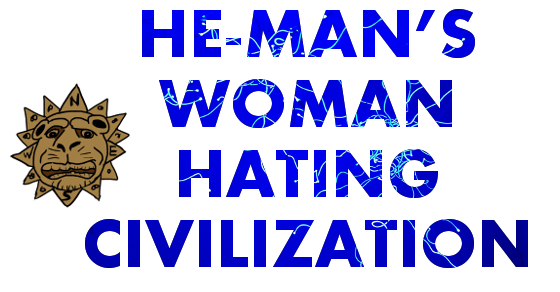

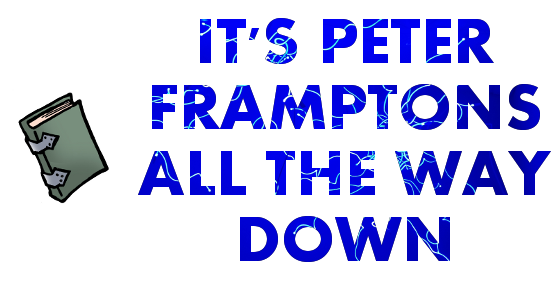





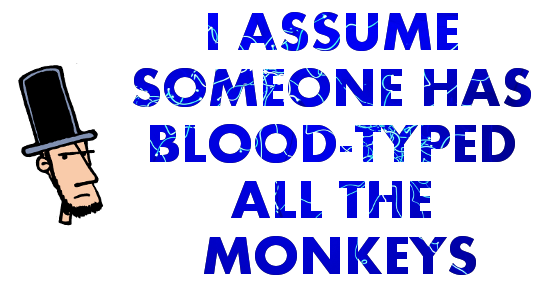





 Finally, after ceding all recent chapeaus to Ken, Robin seizes control of Among My Many Hats to talk about Cthulhu Confidential and the design of the GUMSHOE One-2-One system. Because it’s
Finally, after ceding all recent chapeaus to Ken, Robin seizes control of Among My Many Hats to talk about Cthulhu Confidential and the design of the GUMSHOE One-2-One system. Because it’s  If it’s December, Ken and Robin must be coming to you live from Dragonmeet, the little London convention that isn’t so little any more. Join us as Ken emerges triumphant from a draw of the nerdtrope deck that definitely, definitely happened exactly just as Robin describes it. Plus red herrings, steak, and more stupid gnomes. Also in a Dragonmeet tradition, the f-bomb gets dropped–and the dropper might surprise you!
If it’s December, Ken and Robin must be coming to you live from Dragonmeet, the little London convention that isn’t so little any more. Join us as Ken emerges triumphant from a draw of the nerdtrope deck that definitely, definitely happened exactly just as Robin describes it. Plus red herrings, steak, and more stupid gnomes. Also in a Dragonmeet tradition, the f-bomb gets dropped–and the dropper might surprise you! Do intervals between Ken’s Time Machine segments leave you listless, bored, and itchy? Then you’re in luck, because
Do intervals between Ken’s Time Machine segments leave you listless, bored, and itchy? Then you’re in luck, because 
 In the Gaming Hut, urged on by Patreon backer Fred Kiesche, Ken takes us under the hood of his Rex of the Old 97 campaign. What does he do behind that Peter Frampton GM screen, and how does he do it?
In the Gaming Hut, urged on by Patreon backer Fred Kiesche, Ken takes us under the hood of his Rex of the Old 97 campaign. What does he do behind that Peter Frampton GM screen, and how does he do it? Dirk the Dice rolls into the Gaming Hut to ask us how to make sword and sorcery monster encounters exciting.
Dirk the Dice rolls into the Gaming Hut to ask us how to make sword and sorcery monster encounters exciting.

 Patreon backer Michael Kotschi pops a moony question over the Ask Ken and Robin transom, prompting us to look at 70s NASA from a Moon Dust Men perspective.
Patreon backer Michael Kotschi pops a moony question over the Ask Ken and Robin transom, prompting us to look at 70s NASA from a Moon Dust Men perspective. Patreon backer Ethan Cordray rises from the Pacific waves of Ask Ken and Robin to pose a stumper: how to make Cthulhu scary again.
Patreon backer Ethan Cordray rises from the Pacific waves of Ask Ken and Robin to pose a stumper: how to make Cthulhu scary again. This week the Gaming Hut holds a special surprise: it’s not just a segment, but a free game in and of itself, as Robin teaches you how to run Death Spiral.
This week the Gaming Hut holds a special surprise: it’s not just a segment, but a free game in and of itself, as Robin teaches you how to run Death Spiral. Among My Many Hats blows the lid off of Ken’s upcoming Kickstarter for a revised, revamped, and reanimated Tour de Lovecraft: the Tales.
Among My Many Hats blows the lid off of Ken’s upcoming Kickstarter for a revised, revamped, and reanimated Tour de Lovecraft: the Tales. Much tabletop roleplaying advice, ours included, helps GMs to keep players entertained. But what about the other way around? Thanks to Patreon backer Jesse Morgan, we head into the Gaming Hut to look at ways to keep your GM motivated.
Much tabletop roleplaying advice, ours included, helps GMs to keep players entertained. But what about the other way around? Thanks to Patreon backer Jesse Morgan, we head into the Gaming Hut to look at ways to keep your GM motivated. In Ask Ken and Robin, Patreon backer Conrad Kinch asks what the cruel empire of Tsan-Chan might be up to in 5000 AD. The answer might surprise him!
In Ask Ken and Robin, Patreon backer Conrad Kinch asks what the cruel empire of Tsan-Chan might be up to in 5000 AD. The answer might surprise him! Ken fans who did not partake of the Kickstarter can now sink their fangs into the general release of the
Ken fans who did not partake of the Kickstarter can now sink their fangs into the general release of the 
 Ken fans who did not partake of the Kickstarter can now sink their fangs into the general release of the
Ken fans who did not partake of the Kickstarter can now sink their fangs into the general release of the  Ken fans who did not partake of the Kickstarter can now sink their fangs into the general release of the
Ken fans who did not partake of the Kickstarter can now sink their fangs into the general release of the 


 Among My Many Hats is an Egyptian headdress with a distinctly feline aspect, as Ken talks about his installment of Ken Writes About Stuff devoted to Bast.
Among My Many Hats is an Egyptian headdress with a distinctly feline aspect, as Ken talks about his installment of Ken Writes About Stuff devoted to Bast.

 Pull your swords out of your stones and step into the Gaming Hut for a consideration of the Chosen One trope.
Pull your swords out of your stones and step into the Gaming Hut for a consideration of the Chosen One trope. In this special theme episode, we start in the uncharted waters of the Cartography Hut, to look at the struggle to accurately measure longitude at sea, and its underdog hero, clockmaker John Harrison.
In this special theme episode, we start in the uncharted waters of the Cartography Hut, to look at the struggle to accurately measure longitude at sea, and its underdog hero, clockmaker John Harrison. Let’s schmooze a while in the Gaming Hut as we spitball a game based on social experience points.
Let’s schmooze a while in the Gaming Hut as we spitball a game based on social experience points. Long have we teased it! Now it’s finally here, for your keeping-the-show-alive convenience: our
Long have we teased it! Now it’s finally here, for your keeping-the-show-alive convenience: our  There’s a rat looking at us and a hawk flying overhead as Ask Ken and Robin fields a Michael Shreeves question on making familiars narratively satisfying.
There’s a rat looking at us and a hawk flying overhead as Ask Ken and Robin fields a Michael Shreeves question on making familiars narratively satisfying. Can you make it through the terrors of Ask Ken and Robin, when Sean Maclean asks us how to run survival horror?
Can you make it through the terrors of Ask Ken and Robin, when Sean Maclean asks us how to run survival horror? Get your chlorophyll on as we enter a vine-choked version of the Gaming Hut to riff an alien species that feeds via photosynthesis.
Get your chlorophyll on as we enter a vine-choked version of the Gaming Hut to riff an alien species that feeds via photosynthesis. Oh, the humanity! How do we characterize being a human in F20 games and settings? Answers lie inside the Gaming Hut.
Oh, the humanity! How do we characterize being a human in F20 games and settings? Answers lie inside the Gaming Hut.








 We predicted that Ask Ken and Robin would feature a Manfred Gabriel question about incorporating prophecy into roleplaying sessions, and we were right!
We predicted that Ask Ken and Robin would feature a Manfred Gabriel question about incorporating prophecy into roleplaying sessions, and we were right! We kick off an episode devoted to Halloween in the Mythology Hut, where we survey the holiday’s history, mutations over time, and cultural diffusion.
We kick off an episode devoted to Halloween in the Mythology Hut, where we survey the holiday’s history, mutations over time, and cultural diffusion.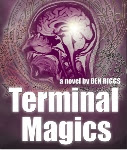

 Our recording chambers may be hot but our subject matter gets cold, cold, cold, as Among My Many Hats takes a look at the
Our recording chambers may be hot but our subject matter gets cold, cold, cold, as Among My Many Hats takes a look at the 

















 In the Gaming Hut we look at ways to add nuance to your setting’s faiths by considering the split between official and popular religion.
In the Gaming Hut we look at ways to add nuance to your setting’s faiths by considering the split between official and popular religion.










 A curious case study, in which a regrettable glacier incident leads listener Joe Tyne to a Call of Cthulhu stumbling block, warrants treatment from the experts in Ask Ken and Robin.
A curious case study, in which a regrettable glacier incident leads listener Joe Tyne to a Call of Cthulhu stumbling block, warrants treatment from the experts in Ask Ken and Robin.





